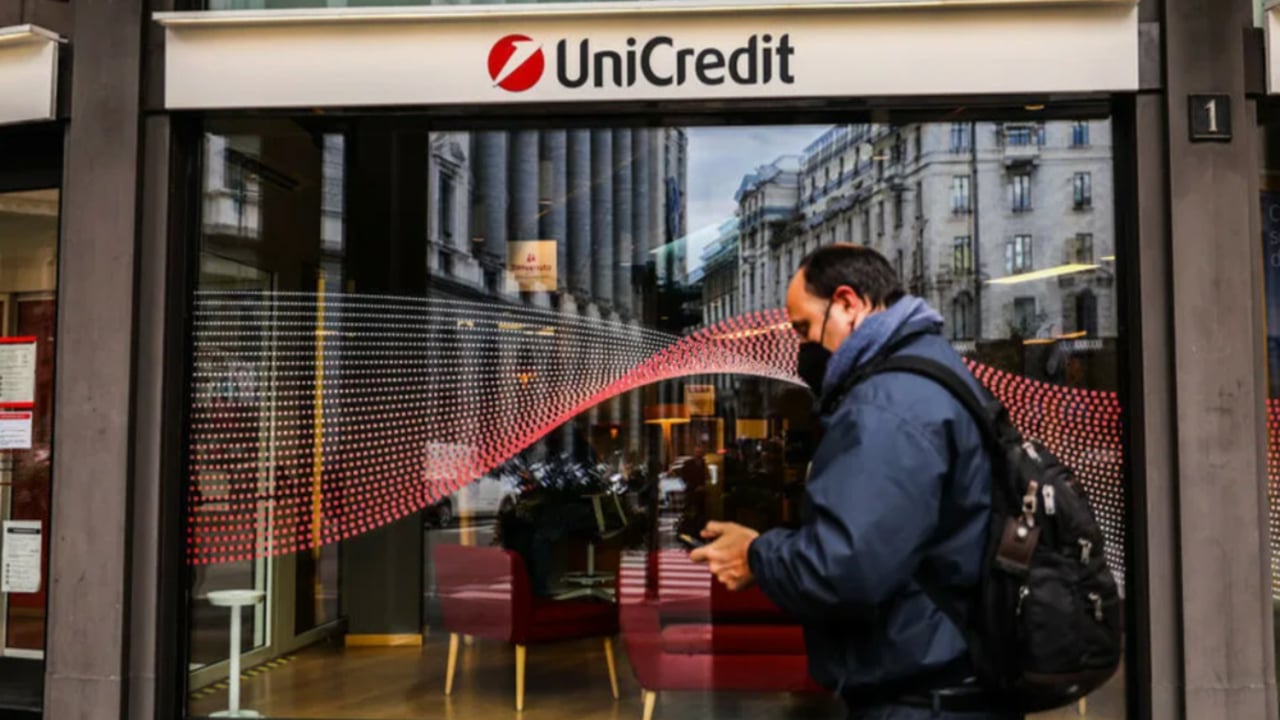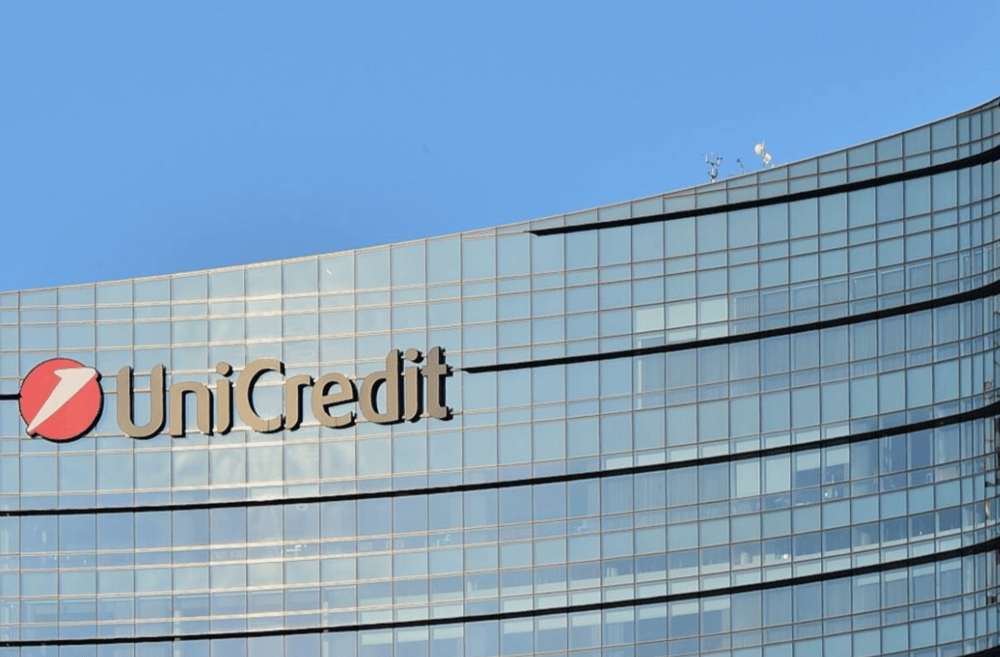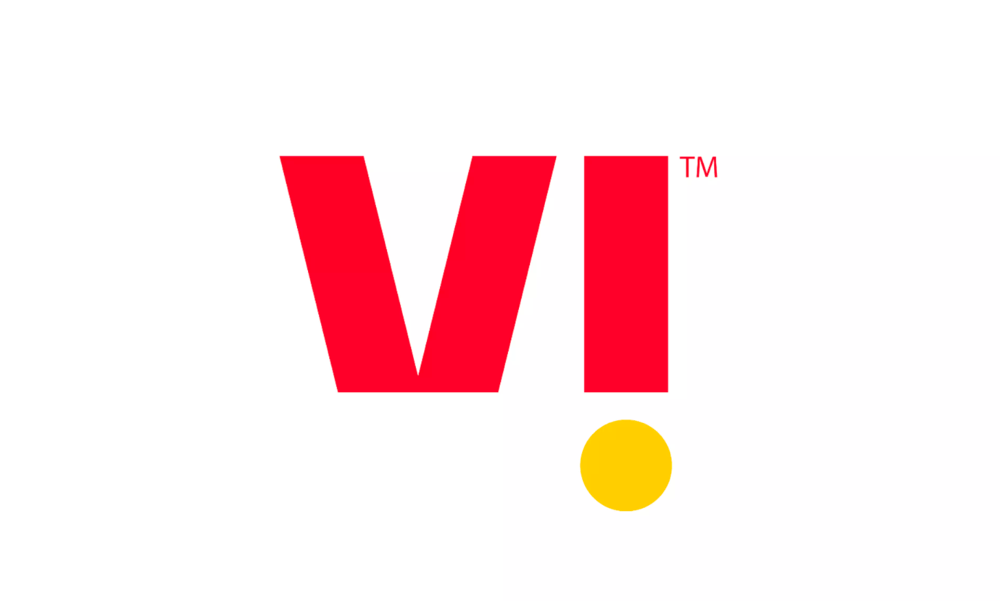UniCredit's Strategic Moves in Response to ECB Requirements
The CEO of UniCredit, Andrea Orcel, has recently announced the bank's initiative to align with the European Central Bank's (ECB) requirements on reducing its Russian business operations, even exceeding some of their expectations. This move highlights the European banking sector's ongoing challenge of balancing compliance with local and international obligations.
Court Challenge and Its Implications
UniCredit has taken legal action to contest the ECB's deadlines for downsizing its Russian operations, arguing that complying with these demands may breach Russian laws or international sanctions. This situation accentuates the tension between regulatory bodies and banks. Key elements of this legal struggle include:
1. Legal Risks: Meeting the ECB's requirements might lead to allegations of violating Russian legislation.
2. International Sanctions: Ignoring certain sanctions might result in hefty financial penalties or operational restrictions.
3. Reputational Consequences: Missteps could have a lasting impact on the bank's international standing.

Cross-Border Payment Growth Amid Economic Uncertainty
Despite the ECB's mandates, UniCredit witnessed a significant increase in cross-border payments with Russia in the fourth quarter. This trend can be attributed to several factors:
- One-Time Payments: These payments increased by 8% to €9.8 billion due to Western companies settling their debts.
- Economic Volatility: Currency market fluctuations prompt companies to seek the most advantageous financial avenues.
- Adaptation to Sanction Regimes: Adjusting business strategies to comply with international sanctions.
Core Aspects of Interaction with the European Central Bank
For UniCredit, engaging with the ECB plays a pivotal role in shaping both current and future operations. However, adhering to the ECB's requirements poses several challenges:
- Risk Mitigation: Gradually reducing the scale of its Russian business aims at aligning with international standards.
- Transparency Initiatives: UniCredit is obligated to regularly report its risk reduction progress to regulators.
- Asset Protection: Considering how changes in the Russian economy might affect the bank's assets is crucial.

The Bank's Strategic Outlook
In the near future, UniCredit will continue to navigate the complex landscape of financial and regulatory compliance. Primary focuses include:
- Sustainable Business Models: The bank aims to develop and implement models that meet both European and Russian regulations.
- Growth Opportunities: Despite external constraints, UniCredit continues to seek ways to strengthen its international presence.
UniCredit's efforts to adapt and evolve under external pressures have showcased its commitment to tackling formidable challenges while maintaining financial foresight and legal resilience.















Comments
UniCredit's proactive stance on reducing Russian ties is a commendable step towards greater accountability in banking.